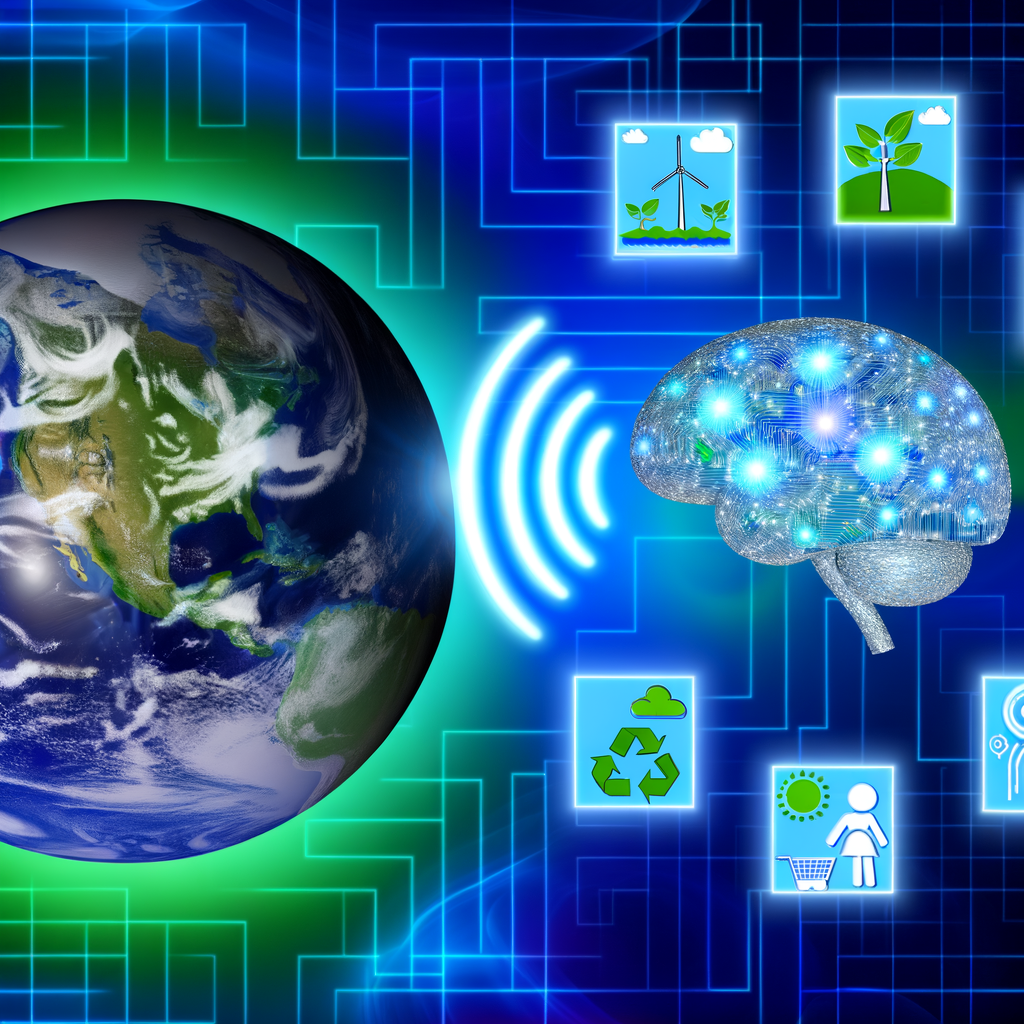“`html
AI and the Job Application Process: A Double-Edged Sword
In recent years, Artificial Intelligence (AI) has been revolutionizing various sectors, and the job application process is no exception. By streamlining tedious tasks and enhancing candidate screening, AI has the potential to make applying for jobs easier than ever before. However, this innovative technology also raises concerns regarding its impact on job seekers and the fairness of the hiring process. In this blog post, we will explore the benefits and drawbacks of AI in the job application landscape and consider what the future may hold.
Benefits of AI in Job Applications
AI technologies have introduced a range of features that have simplified the job application process for both applicants and recruiters alike. Here are some notable advantages:
1. Simplified Application Process
Gone are the days when applicants had to fill out lengthy forms and manually submit resumes. Many companies now utilize AI-powered platforms that enable one-click applications. Job seekers can upload their resumes and apply for multiple positions in a matter of minutes. This efficiency not only saves time but also encourages candidates to apply more frequently, opening up opportunities that might have otherwise been overlooked.
2. Enhanced Candidate Screening
AI algorithms can sift through hundreds of applications rapidly, identifying the most qualified candidates based on specific criteria. This technology has made it easier for recruiters to filter applications, allowing them to focus on candidates who best meet the job requirements. As a result, there is the potential to reduce unconscious bias by relying on data-driven assessments rather than subjective human impressions.
3. Improved Matching of Candidates to Positions
AI tools can analyze job descriptions and match them with applicants’ profiles, enhancing the likelihood of finding the perfect fit for each role. This improved matching process not only benefits employers in their hiring decisions but also leads to better job satisfaction for employees who find positions that align with their skills and aspirations.
4. Personalized Job Recommendations
With sophisticated algorithms, AI can recommend job openings that align closely with a candidate’s skills, experiences, and preferences. This personalized approach vastly improves the job-seeking experience, allowing candidates to discover positions that they may not have previously considered. Services like LinkedIn, Glassdoor, and Indeed are at the forefront of integrating this technology into their job search platforms.
Challenges and Concerns with AI in the Hiring Process
While AI brings several advantages to the table, it’s essential to highlight some of the challenges that accompany its implementation:
1. Potential Bias in Algorithms
One of the most significant concerns regarding AI in recruitment is bias. If the algorithms used by AI tools are trained on biased data, they may perpetuate existing inequalities in the hiring process. For instance, if a company’s historical hiring data shows a preference for a specific demographic, the AI may unfairly favor candidates from that group in the future, leading to a lack of diversity. As the Future of Jobs Report by the World Economic Forum emphasizes, “Biases embedded in AI systems can reinforce existing inequalities in the workplace.”
2. Decreased Human Touch
The hiring process often requires nuanced judgments about candidates that AI cannot fully comprehend. While AI may excel at parsing resumes, it lacks the ability to gauge interpersonal skills, cultural fit, and emotional intelligence—elements that are crucial in many job roles. Potential applicants may feel alienated from a hiring process that relies excessively on technology.
3. Over-reliance on AI Assessments
Employers might place too much weight on AI assessments and overlook promising candidates whose resumes don’t match the precise criteria set by algorithms. This outcome not only diminishes opportunities for qualified applicants but also puts pressure on job seekers to tailor their resumes and applications specifically to appease the AI systems, which may discourage creativity and authenticity.
4. Data Privacy Concerns
As AI tools require access to a vast amount of personal data, concerns surrounding data privacy and security have become prominent. Candidates may be apprehensive about sharing sensitive information, fearing that it could be misused or lead to inadvertent bias against them in future hiring processes. Companies must ensure compliance with data protection regulations and maintain transparency regarding their use of applicant data.
Striking a Balance: The Future of AI in Job Applications
As AI continues to evolve, it’s clear that its role in job applications will only become more significant. However, it’s essential for businesses and recruitment professionals to find a balance between technological innovation and the human elements of hiring. Here are some steps they can take:
- Implement Continuous Monitoring: Regularly review and audit AI systems to ensure that they are functioning without bias and yielding equitable results.
- Encourage Human Oversight: Maintain a human element in the hiring process, allowing recruiters to make final decisions based on both AI assessments and their subjective insights.
- Educate Candidates: Provide transparency regarding how AI systems work and what applicants can do to position themselves favorably within these frameworks.
- Focus on Diversity: Establish goals around diversity and inclusion, actively seeking to mitigate bias in AI systems and recruitment practices.
Conclusion
AI technology promises to revolutionize job applications by boosting efficiency and refining candidate selection. However, the opportunities afforded by this technology must be balanced with a cautious approach toward bias, data privacy, and the importance of human intuition. By embracing AI responsibly, businesses can create a fairer, more efficient hiring process that benefits employers and job seekers alike.
As we move toward a future shaped by AI, both candidates and recruiters must remain adaptive, ensuring that the integration of technology serves to enhance—not replace—the human elements of the job application process.
“`


